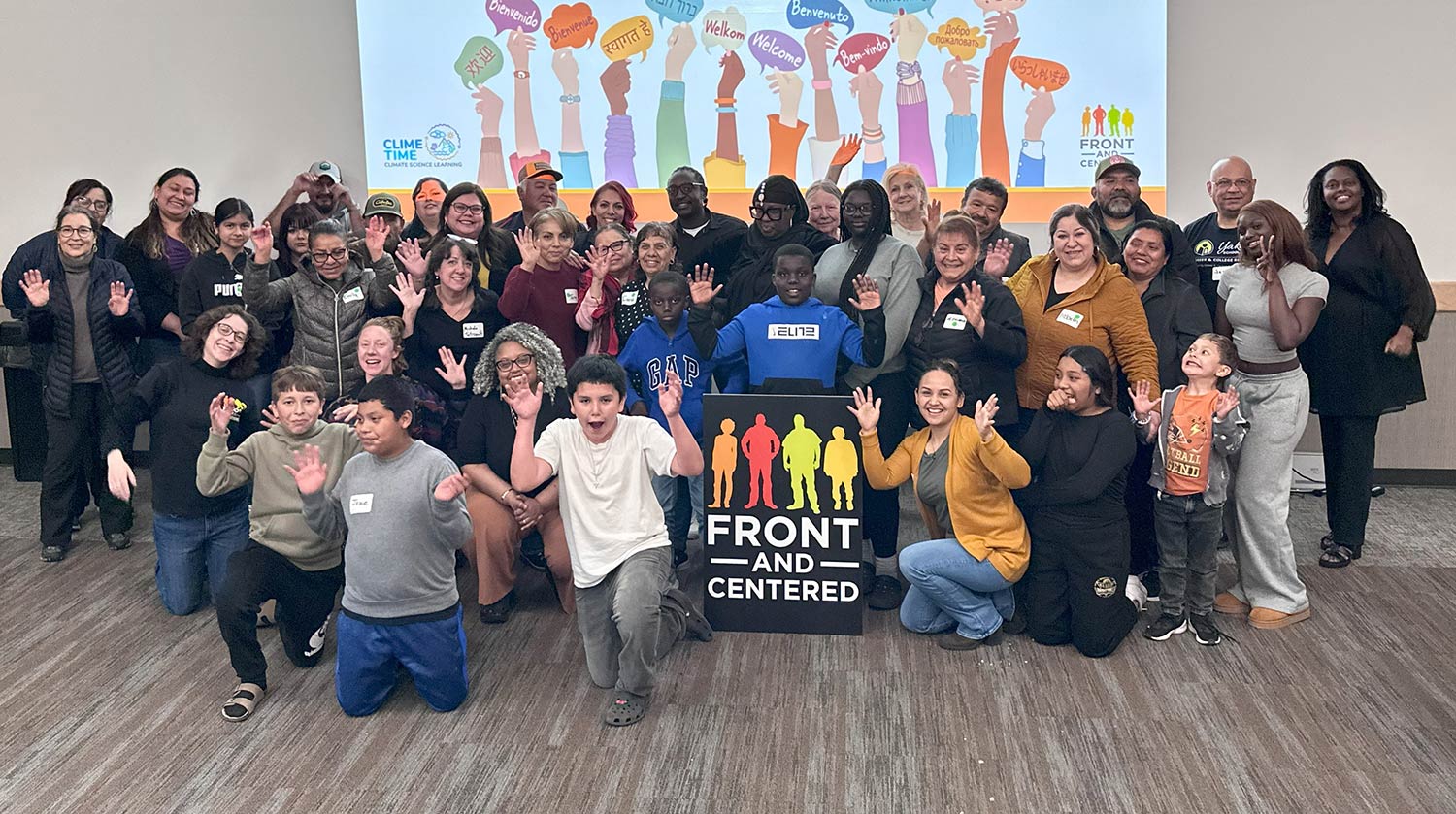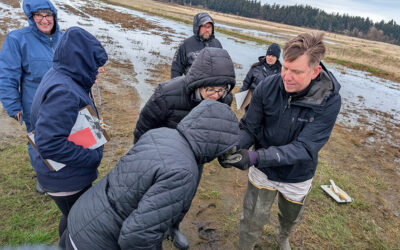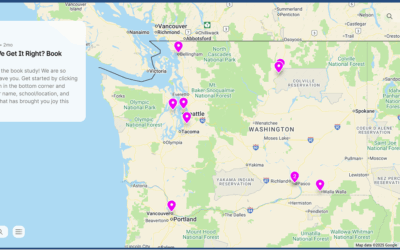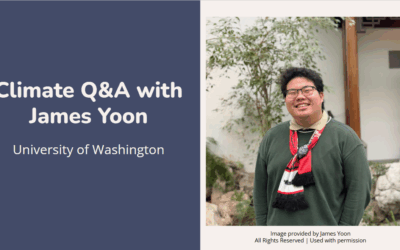The Community Education in Action program is a collaborative series of workshops to exchange ideas and promote the co-creation of climate justice and environmental justice educational resources, using the Just Transition framework as a guiding model.
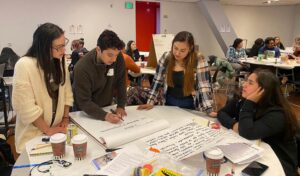
Team work during the Seattle workshop
Front and Centered, together with some coalition members such as APIC Yakima, Urban League of Metropolitan Seattle, Kitsap Black Student Union, Africans on the East Side, Community Health Workers Coalition for Migrants and Refugees and Hilltop Urban Gardens, in collaboration with partners from the ClimeTime network, including EarthGen, Islandwood, Pacific Education Institute, and Puget Sound ESD hosted two in-person workshops on April 27-28 in Yakima Valley College (Yakima) and May 4-5 in the Central Seattle Public Library (Seattle).
A total of 150 attendees attended the 2-day long workshops, including youth, educators, activists, and community members who came together to learn more about how a Just Transition could be incorporated into inspiring learning resources to promote climate and environmental justice.
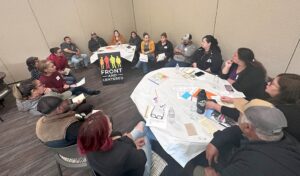
Yakima group discussion. Photo by Oswaldo Wong
These workshops are rooted in principles of popular education, where all participants in learning spaces are considered facilitators. Popular education, as proposed by Brazilian educator and activist Paulo Freire, relies on the power of critical consciousness to ignite sparks of political activism and social transformation. Through active reflection in collective realities, participants create spaces with no pedestals for experts, only the recognition that each person brings unique experiences to the table. As participants converge, they become facilitators, co-creators of knowledge and resources, united in the fight against oppression.The process of preparing for these workshops included a great effort to prioritize meaningful engagement with community-based organizations. There was open collaboration to co-create the agenda, format, materials, and facilitation strategies. An additional effort was made to translate all materials for recruitment, communications with attendees, and during the workshops. Actually, in Yakima, attendees requested that the facilitation be completely in Spanish, with English translation provided instead
Attendees engaged actively in both workshops and expressed their interest in learning more about climate and environmental justice to share more ideas in their communities: “When I came into the workshop I felt lost and did not know where to begin, but after completing the workshop, I have a better idea of what I want to do” -Socorro, participant in the Yakima workshop.
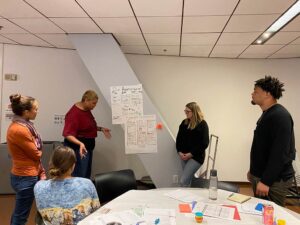
Team presentation during the Seattle workshop
For some attendees, this was the first time they heard about terms such as environmental and climate justice: “All my life I have been working in organizing and thought that environmentalism was not for me, but now I understand that I can do environmental justice” -Roxie, youth who attended the Seattle workshop.As we embark on advancing this project we want to root these efforts in a co-creation model that builds bridges between formal and informal education to foster intergenerational and intercultural spaces to advocate for a just transition to collective action as a framework to address climate change in an inclusive manner.

